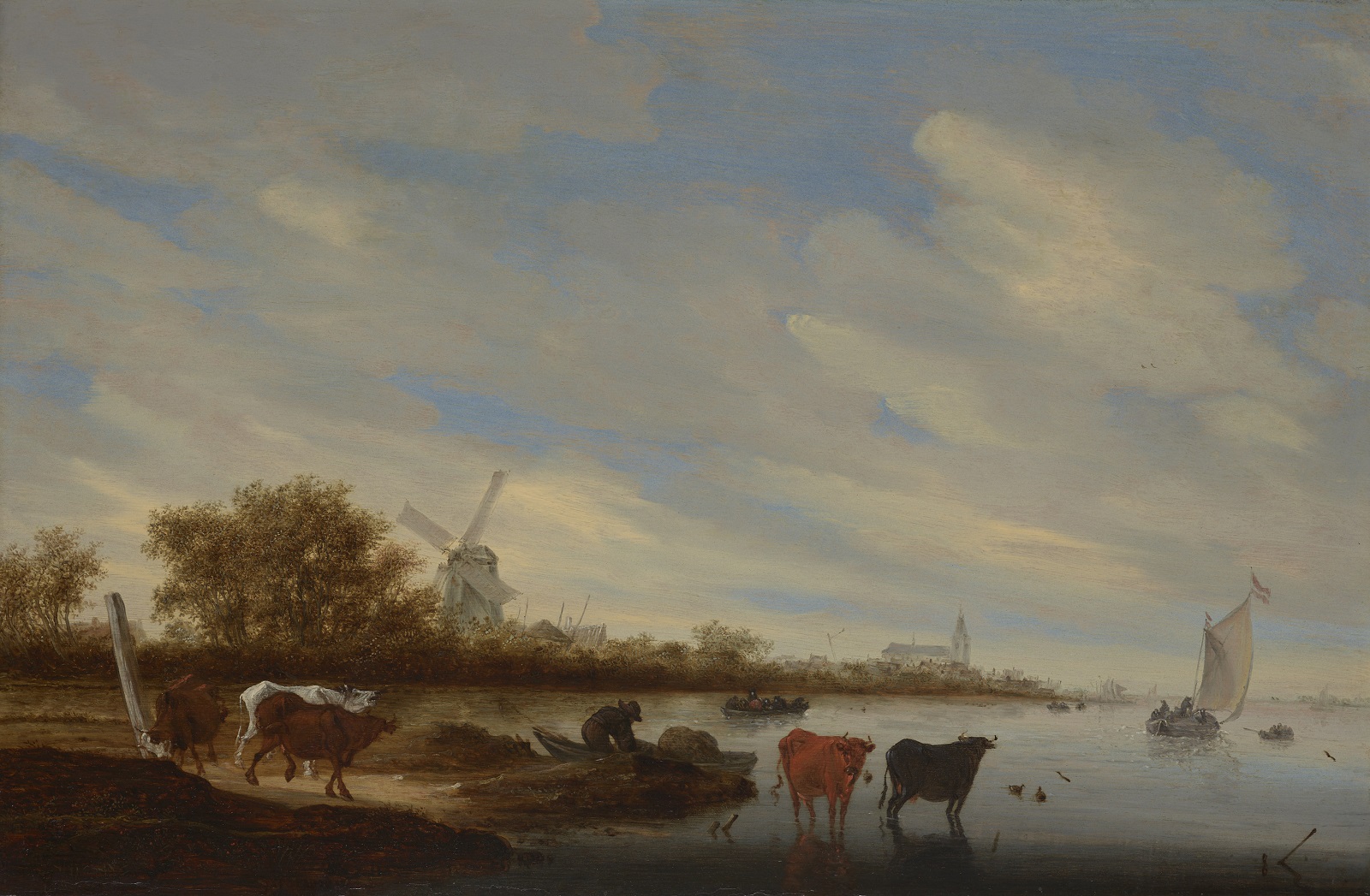

Thus legislators peculiarly familiar with the purpose of the Constitutional grant by statute, imposed far less exacting standards in the case of copyrights. 171, added, to matters that might be copyrighted, engravings, etchings and prints. Twelve years later, Congress in 1802, 2 Stat. A printed copy of the title of any map, chart or book was to be recorded in the Clerk's office of the District Court, and a copy of the map, chart or book was to be delivered to the Secretary of State within six months after publication. 109, provided that patents should issue only if the Secretary of State, Secretary of War and the Attorney General, or any two of them 'shall deem the invention or discovery sufficiently useful and important' the applicant for a patent was obliged to file a specification 'so particular' as 'to distinguish the invention or discovery from other things before known and used * * * ' the patent was to constitute prima facie evidence that the patentee was 'the first and true inventor or * * * discoverer * * * of the thing so specified.' 7 The Copyright Act, enacted May 31, 1790, 1 Stat. The patent statute, enacted April 10, 1790, 1 Stat. Moreover, in 1790, in the year after the adoption of the Constitution, the first Congress enacted two statutes, separately dealing with patents and copyrights.

5 Those of Connecticut and North Carolina covered books, pamphlets, maps, and charts. 4 Twelve of the thirteen states (in 1783-1786) enacted such statutes. 3 In 1783, the Continental Congress had passed a resolution recommending that the several states enact legislation to 'secure' to authors the 'copyright' of their books. The pre-revolutionary English statutes had made the distinction. But the very language of the Constitution differentiates (a) 'authors' and their 'writings' from (b) 'inventors' and their 'discoveries.' Those who penned the Constitution, 2 of course, knew the difference. As several sections of the Copyright Act- e.g., those authorizing copyrights of 'reproductions of works of art,' maps, and compilations- plainly dispense with any such high standard, defendants are, in effect, attacking the constitutionality of those sections. On this basis, pointing to the Supreme Court's consequent requirement that, to be valid, a patent must disclose a high degree of uniqueness, ingenuity and inventiveness, the defendants assert that the same requirement constitutionally governs copyrights. 1 In passing on the validity of patents, the Supreme Court recurrently insists that this constitutional provision governs. Congressional power to authorize both patents and copyrights is contained in Article 1, Sec.


 0 kommentar(er)
0 kommentar(er)
